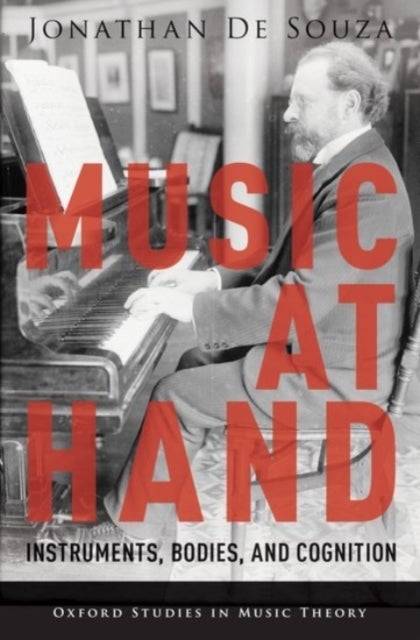
Music at Hand av Jonathan (Assistant Professor Assistant Professor University of Western Ontario Don Wright Faculty of Music) De Souza
629,-
From prehistoric bone flutes to pipe organs to digital synthesizers, instruments have been important to musical cultures around the world. Yet, how do instruments affect musical organization? And how might they influence players'' bodies and minds?Music at Hand explores these questions with a distinctive blend of music theory, psychology, and philosophy. Practicing an instrument, of course, builds bodily habits and skills. But it also develops connections between auditory and motor regions in a player''s brain. These multi-sensory links are grounded in particular instrumental interfaces. They reflect the ways that an instrument converts action into sound, and the ways that it coordinates physical and tonal space. Ultimately,these connections can shape listening, improvisation, or composition. This means that pianos, guitars, horns, and bells are not simply tools for making notes. Such technologies, as creative prostheses, also open up possibilities for musical action, perception, and c








